I Don’t Speak German, Episode 33 – Nazi Infighting (News Roundup)
Daniel updates Jack on the latest round of infighting among the fascists.
Content Warning
*
Show Notes:
Southern Dingo, “I Don’t Speak Bitch,” https://www.youtube.com/watch?v=LHdv8JsbhQM
ABC News: “FBI arrests Army soldier who allegedly discussed plans to bomb major American news network” https://abcnews.go.com/Politics/fbi-arrests-army-soldier-allegedly-discussed-plans-bomb/story?id=65802902
Jarrett Smith indictment: https://www.documentcloud.org/documents/6431405-Jarrett-William-Smith-indictment-September-2019.html
Christopher Cantwell, “Reponse to Motion 20190925.” https://christophercantwell.com/2019/09/25/response-to-motion-20190925/
“The Accelerationists believe that all is lost for White America, and that the only hope we have for salvation is to bring the existing system crashing down by helping the Democrat Party and engaging in shocking acts of terrorism and mass murder. Their thinking on this is roughly that once the system is collapsed, the citizenry will welcome the iron fisted rule of Nazis who will restore order by force.
Though they make a compelling case, I differ from their view on this. I support the President of the United States, they do not. I support the Republican Party, they do not. I want to save America from collapse, they do not. We are part of rival factions, and associating me with them is nothing short of a fraud upon this court.
We disagree so much, that this faction to which I refer has endlessly harassed me, made death threats, defaced my website, made false reports to law enforcement, and launched Distributed Denial Of Service attacks against my website and radio servers. This has gone on for almost a year, ever since the Pittsburgh synagogue shooting, of which they concluded I was not nearly supportive enough. In response to the crimes they committed against me, I contacted my local police department, who suggested we involve the Federal Bureau of Investigation, and we did just that. All of this is documented in extensive discussions I have had with law enforcement about these crimes perpetrated against me by the faction Plaintiffs falsely try to associate me with.”
Christopher Cantwell, “Siege Posting.” https://christophercantwell.com/2019/09/27/radical-agenda-s05e073-siege-posting/
Christopher Cantwell, “Radical Agenda S05E074 — Occidental Dissent.” https://christophercantwell.com/2019/09/30/radical-agenda-s05e074-occidental-dissent/
Jim Object tag at The Daily Stormer: https://dailystormer.name/tag/jim-object/
Larry Ridgeway goes on a rant against TRS: https://www.youtube.com/watch?v=GLMCzZSilLA
(More TRS drama) The Krypto Report — Episode 87, Jayoh in the Woodpile https://www.youtube.com/watch?v=0J5x1GuGzPc
…

 Crucify (live, 1991)
Crucify (live, 1991)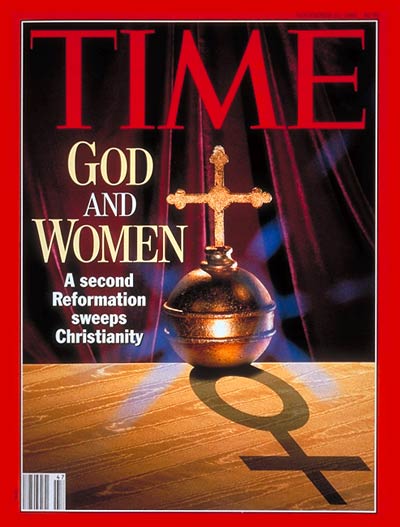 Mary (1992)
Mary (1992)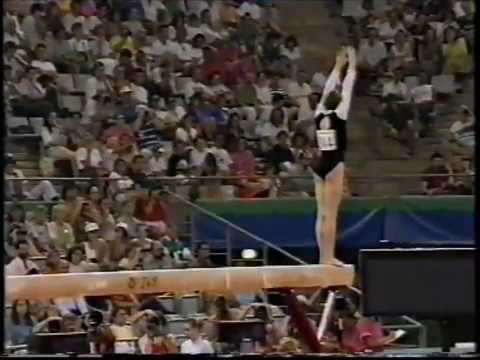 Take to the Sky (1992)
Take to the Sky (1992)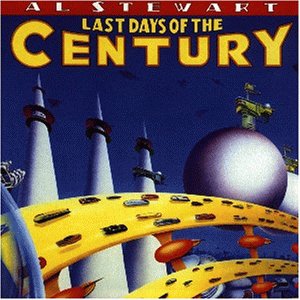 When I Was Dreaming (c. 1988 demo)
When I Was Dreaming (c. 1988 demo)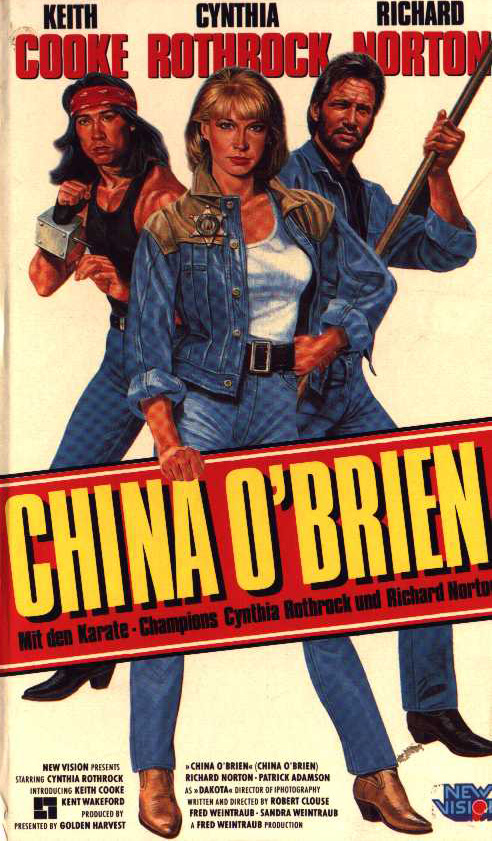 Distant Storm (1988)
Distant Storm (1988) Distance/China (demo)*
Distance/China (demo)*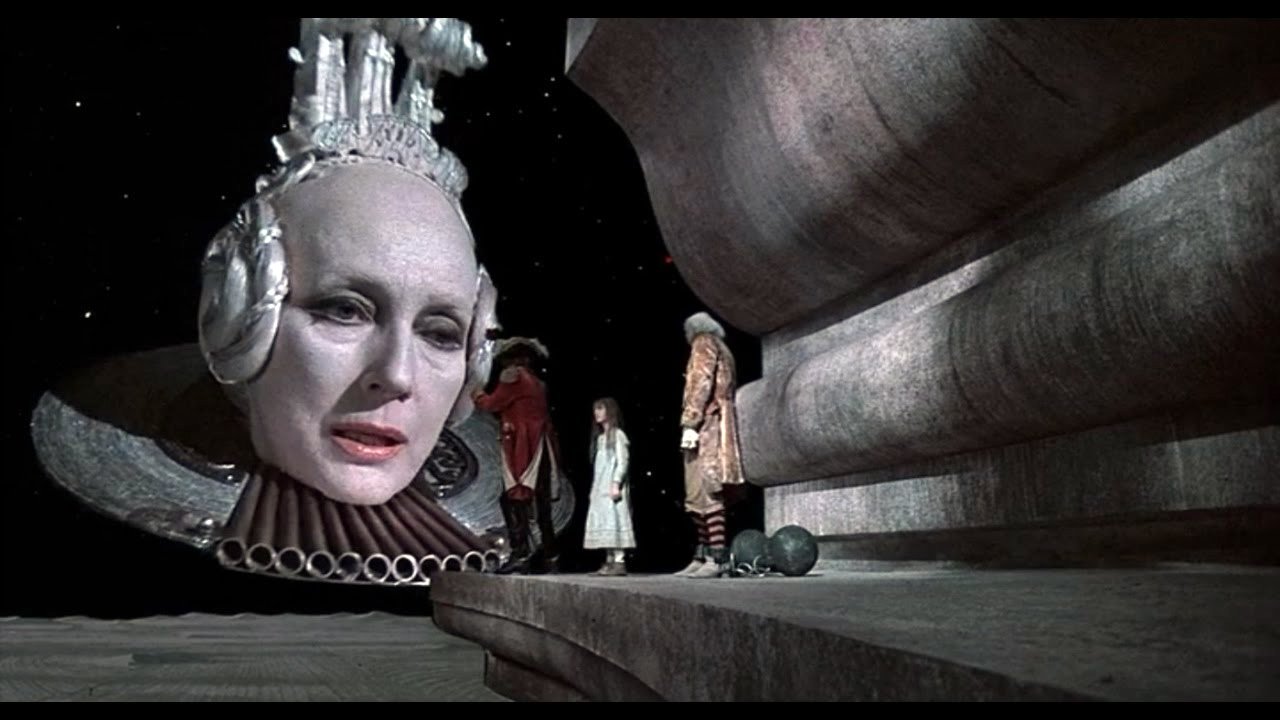 Etienne Trilogy (1988)
Etienne Trilogy (1988)